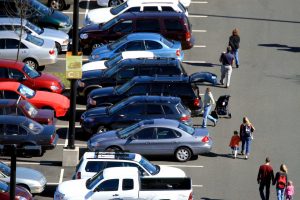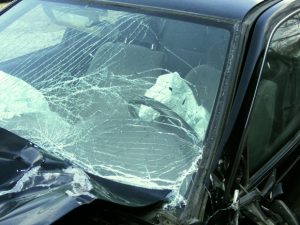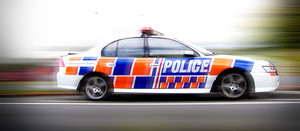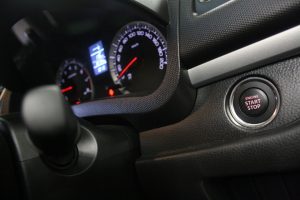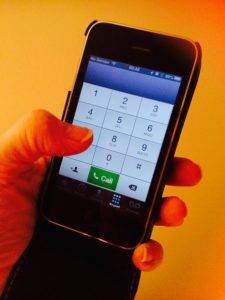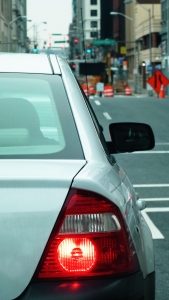Winter weather may be an Act of God, but the resulting traffic collisions are usually the result of human error.
Worcester is the snowiest city in the Commonwealth, averaging more than 64 inches of annual snowfall, with average January temperatures below freezing (16-31 degrees Fahrenheit). But many other areas of New England see more dangerous winter weather than most areas of the country. We all know how quickly Massachusetts weather can turn dangerous and motorists must do their part to reduce liability and avoid unnecessary accident risks.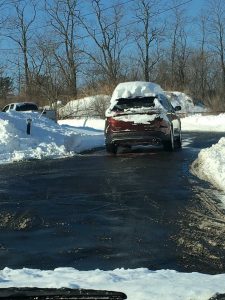
Recently our Boston injury lawyers wrote about snow-removal liability for businesses and property owners in Massachusetts. But once out on the roads, winter-weather risks are even more severe. Continue reading
 Boston Car Accident Lawyer Blog
Boston Car Accident Lawyer Blog


